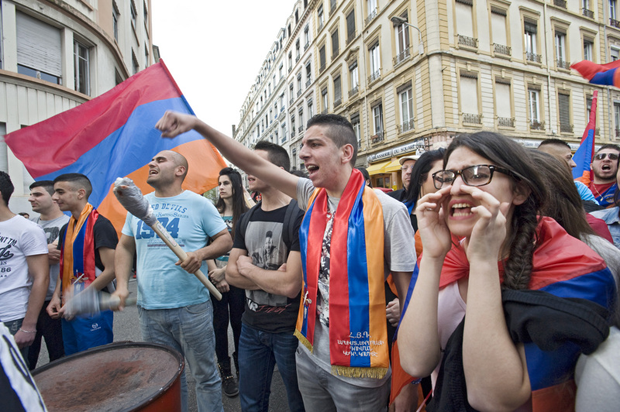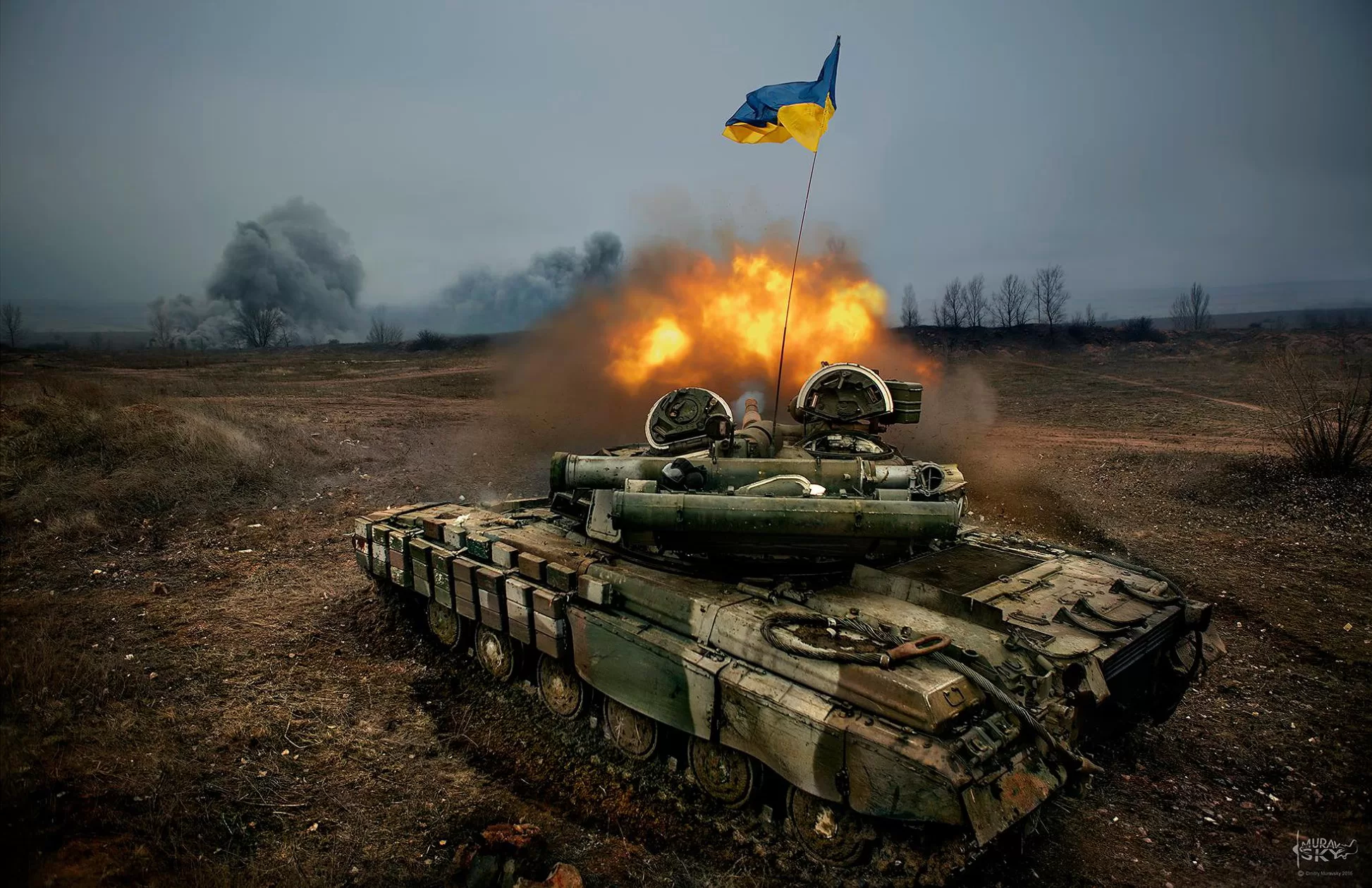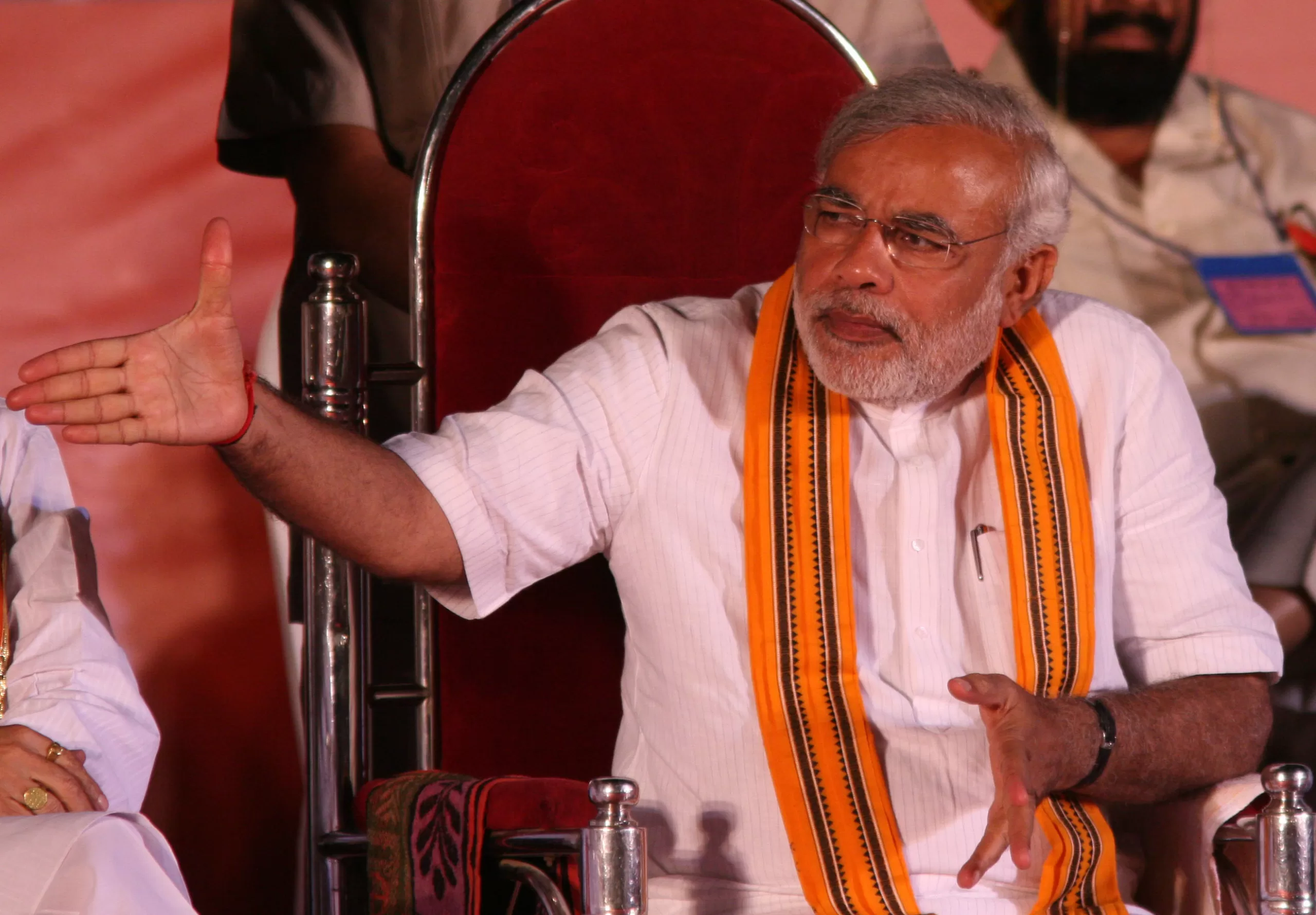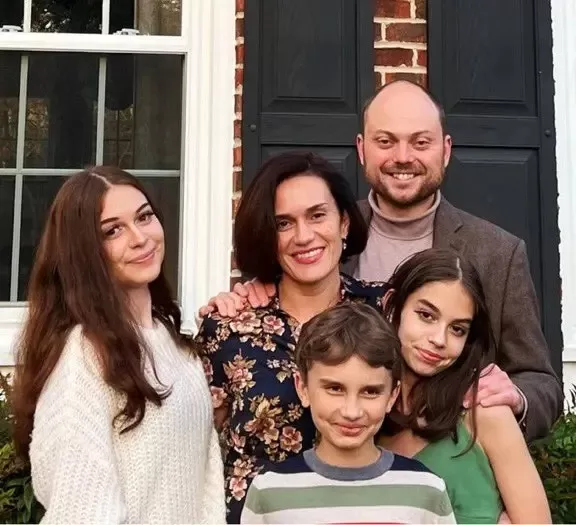
Armenian protesters in Lyons accused Turkey of supporting Islamic rebels in an attack on Kessab, an Armenian majority town located in Syria, on the Turkish border. (Image: Benjamin Larderet/Demotix)
It is, as Zhou Enlai might have said, probably too early to tell how significant Tayyip Erdogan’s comments alluding to the Armenian genocide will be.
The Turkish prime minister seems to have broken one of his country’s great taboos. In a statement translated into nine languages, the AK leader said: “It is with this hope and belief that we wish that the Armenians who lost their lives in the context of the early 20th century rest in peace, and we convey our condolences to their grandchildren.”
“Having experienced events which had inhumane consequences — such as relocation — during the First World War, should not prevent Turks and Armenians from establishing compassion and mutually humane attitudes among towards [sic] one another.”
According to Anadolu, Turkey’s state news agency, Erdogan also commented: “In Turkey, expressing different opinions and thoughts freely on the events of 1915 is the requirement of a pluralistic society as well as of a culture of democracy and modernity.”
This is not, you will have noticed, an apology. Offering condolence is not at all the same as expressing remorse. Though some would say it is not Erdogan’s duty to express remorse; he is the prime minister of the modern republic of Turkey, not the Ottoman Empire under which the alleged slaughter of over 1.5 million Armenian Christians in 1915 took place.
And some are utterly contemptuous of Erdogan’s statement: Reuters quotes the Armenian National Committee of America describing the statement as an “escalation” of Turkey’s “denial of truth and obstruction of justice”.
But let us assume that a) Erdogan is in a position to speak for Turkey past as well as present, and b) there is, at the kernel of this, an attempt at reconciliation with Armenia and the Armenian diaspora.
The very mention of the events are significant against the backdrop of the Turkish Penal Code’s controversial Article 301, which forbids insulting “the Turkish nation”. That law has in the past, effectively barred discussion of the genocide, and created a environment where simply identifying as Armenian within Turkey was seen as a provocative act.
The most famous victim of this culture was Hrant Dink, the editor of Agos who was assassinated in January 2007.
Dink saw himself as Turkish-Armenian, and his newspaper was bilingual. He was a firm believer in the potential for dialogue in bringing some reconciliation between Turks and Armenians. He also believed such dialogue could only take place in an atmosphere free of censorship, to the extent that he vowed that he would be the first person to break a proposed French law making denial of the Armenian genocide a crime (a cheap political trick aimed at both currying favour with the Armenian community in France and creating a barrier for Turkey’s proposed entry into the EU).
Ultimately, Dink believed that progress could only be made if we were able to talk freely and access historical debate without impediment or fear.
History, like science, is a process rather than a dogma. And like science, one’s interpretations of history can vary based on both the evidence available and the prevailing mood.
For a long time after the creation of the Irish state, for example, the teaching of history in schools was simple. I recall one primary school history text which seemed to consist entirely of tales of the terrible things foreigners had done to the Irish: first the Vikings, then the Normans, and finally the English. The book finished pretty much where the 1919 War of Independence began. The last page featured the words of the national anthem and a picture of the national flag.
Sympathetic portrayals of English people, and British soldiers in particular, were thin on the ground — Frank O’Connor’s tragic short story Guests of the Nation being one of the very few.
Since the late 1990s peace process, both fictional and historical perspectives on Ireland’s relationship with Britain have changed. Some of the novels of Sebastian Barry, for example, attempt to tell stories of people who were neglected and even vilified in nationalist, Catholic, post-independence Ireland. Part of the plot of Paul Murray’s Skippy Dies has a Catholic school history teacher attempting to get his pupils interested in Irish soldiers who fought for Britain in World War I. Meanwhile, a recent book by nationalist historian Tim Pat Coogan, attempting to paint the Irish potato famine as deliberate genocide rather than cruel neglect, was given short shrift, in spite of the fact that this would have been a mainstream view until relatively recently — one must only listen to the sickly sentimental lyrics of rugby anthem The Fields of Athenry, penned in the 1970s, to understand the appeal of that victim status to the Irish imagination. Wrongs were certainly done in Ireland, but the relationship between the two nations was a hell of a lot more complex than the oppressor/oppressed line that was spun for so many years.
There was no official sanction on differing views of Anglo-Irish relations, but politics permeated the debate. Likewise with the recent intervention of British education secretary Michael Gove on the issue of how World War I is taught in schools. Gove claimed that the idea of a pointless war in which a moribund (figuratively) ruling class led moribund (literally) working class boys to their graves was a modern lefty invention. He was wrong, in that that view had been common even in the 1920s, but his opponents were equally adamant in their insistence that there could only be one view of World War I. None of this discussion was accompanied by new evidence on either side.
At the extreme end of this hyper-politicisation of history are the Holocaust denial laws of many European countries, and laws on glorification of the Soviet era in former Eastern bloc.
In his cult memoir Fuhrer-Ex, East German former neo-nazi Ingo Hasslebach described how, growing up in the DDR, with its overwhelming anti-fascist narrative, nazi posturing was the ultimate rebellion. In the modern era, France’s prohibition on nazi revisionism has led some young north African immigrants, alienated from the French nation state, to see anti-semitism and the quasi-nazi quenelle gesture as the ultimate “fuck you” to the authorities.
Taboos about discussing events of the past breed bad history and bad politics. For the sake of Turkey, and the rest of us, Erdogan should be held to his words on the necessity of free speaking and free thinking.
This article was originally posted on 24 April 2014 at indexoncensorship.org





